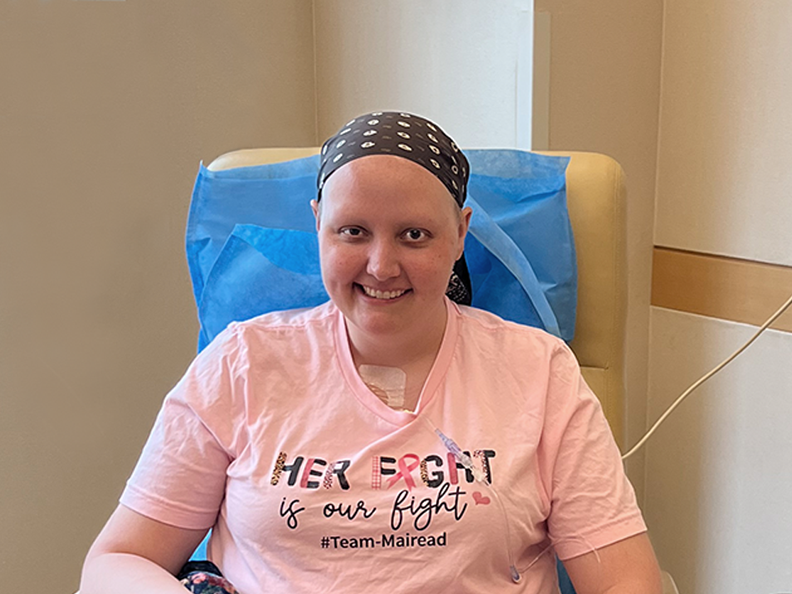Your gift is 100% tax deductible
Questions to Ask About Gallbladder Cancer
It's important to have honest, open discussions with your cancer care team. They want to answer all of your questions, no matter how minor they seem. Don't be afraid to ask them. Here are some examples to get you started:
Questions to ask when you are first diagnosed
- What type of gallbladder cancer do I have?
- Has my cancer spread beyond the gallbladder?
- What's the stage of my cancer, and what does that mean?
- Will I need other tests before we consider treatment options?
- Do I need to see any other kinds of doctors?
- How much experience do you have treating this type of cancer?
- Should I get a second opinion?
Questions to ask about treatment
- What are my treatment options?
- What is the goal of treatment?
- What risks or side effects are there to the treatments you suggest? How long are they likely to last?
- What can be done to prevent or relieve side effects?
- How quickly do we need to decide on treatment?
- What should I do to be ready for treatment?
- How long will treatment last? What will it be like? Where will it be done?
- How do I contact you on weekends or holidays if I need to?
Questions to ask about planning follow-up care
- What is the chance that the cancer will come back? Should I watch for specific signs or symptoms?
- What would my options be if the treatment doesn’t work or if the cancer comes back?
- What long-term side effects or late effects are possible based on the cancer treatment I received?
- What follow-up tests will I need, and how often will I need them?
- How do I get a treatment summary and survivorship care plan to keep in my personal records?
- When should I return to my primary care doctor for regular medical care?
- Who will be leading my follow-up care?
- What survivorship support services are available to me? To my family?
Along with these, be sure to write down some questions of your own. For instance, you might want more information about recovery times so you can plan your work or activity schedule. Or you might want to ask about qualifying for clinical trials.
Keep in mind that doctors are not the only ones who can provide you with information. Other health care professionals, such as nurses and social workers, may have the answers to some of your questions. Learn more in Who Is the Cancer Care Team?
- Written by
- References

Developed by the American Cancer Society medical and editorial content team with medical review and contribution by the American Society of Clinical Oncology (ASCO).
Last Revised: May 16, 2025
American Cancer Society medical information is copyrighted material. For reprint requests, please see our Content Usage Policy.
American Cancer Society Emails
Sign up to stay up-to-date with news, valuable information, and ways to get involved with the American Cancer Society.



